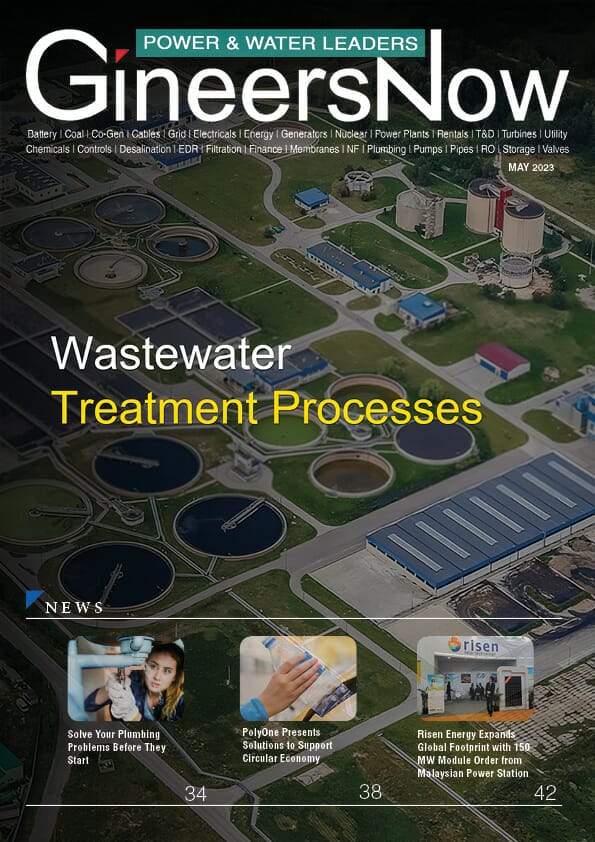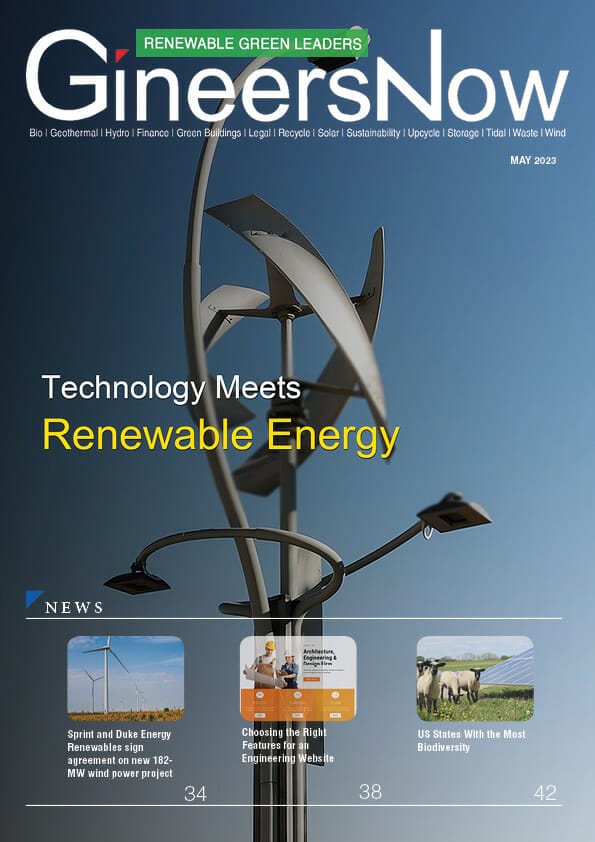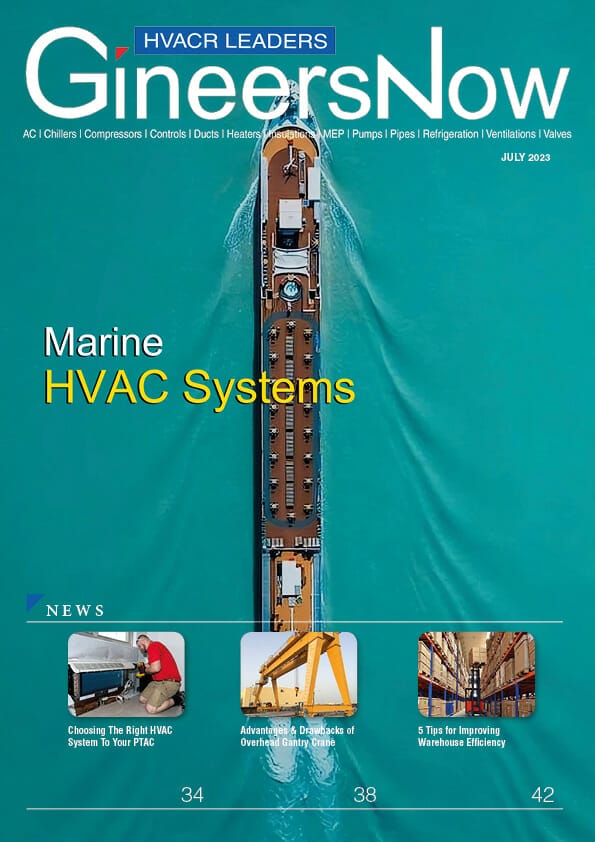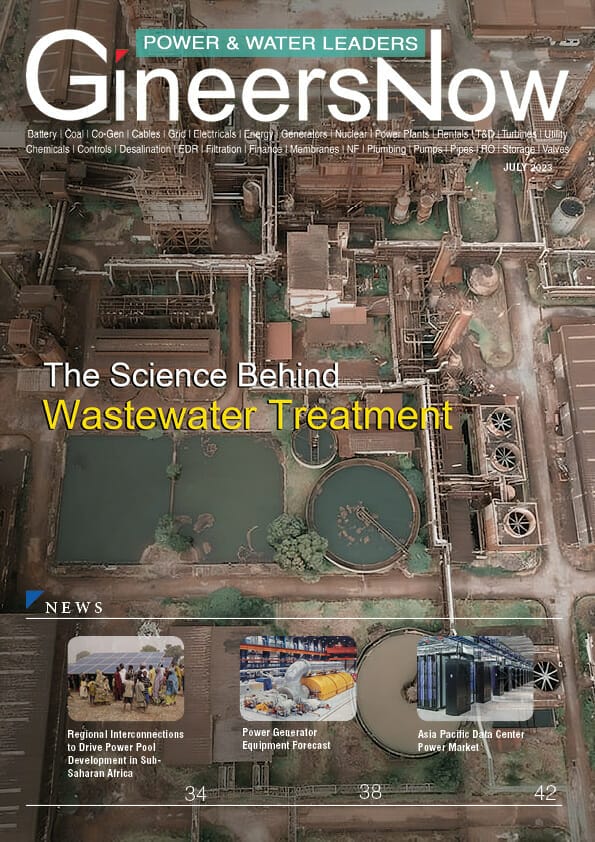As our urban environments grow, wastewater treatment processes become ever more important. With modern advances in technology, wastewater treatment processes are becoming more efficient and effective. In this article, we will explore how technology is enhancing wastewater treatment processes and the benefits that come with these improvements. We will discuss how different types of equipment and software applications are making the process smoother and more reliable.
Water treatment processes are essential to our everyday life, especially in urban areas. Technology has enabled us to improve and enhance wastewater treatment processes and make them more efficient.
Technology in Wastewater Treatment Processes
Wastewater treatment processes have been around for centuries, but the technology used to treat wastewater has evolved rapidly in recent years. With an ever-growing population and increasing urbanization, the demand for efficient wastewater treatment systems has never been greater. Technological advancements in wastewater treatment have helped in improving water quality and reducing the amount of pollution entering our rivers and oceans.
One of the recent technological innovations in wastewater treatment is membrane filtration. This process uses ultrafiltration membranes that are capable of removing impurities from water at a microscopic level, resulting in cleaner water output. Another popular technology used by many municipalities is biological treatment, whereby microorganisms are introduced into wastewater to break down organic matter into harmless substances such as carbon dioxide and water.
The use of advanced monitoring systems is also on the rise in modern-day wastewater treatment plants. Wastewater treatment is a necessary process that allows us to use our water resources in a safe and sustainable manner. It will continue to play an important role in the development of our cities, towns, and communities.
Benefits of Technology in Wastewater Treatment Processes
Technology has revolutionized the way wastewater treatment processes are carried out. The use of sophisticated technology in this field has resulted in several benefits that have made it easier and more efficient to treat wastewater than ever before. One major advantage of technology in wastewater treatment is its ability to significantly reduce the volume of waste produced, leading to a reduction in disposal costs.
Another benefit of technology in wastewater treatment is improved water quality. With advanced technologies, it is now possible to remove impurities and contaminants from water with greater accuracy and efficiency. This leads to cleaner water that can be safely reused or discharged into the environment without posing any risk of harm to human health or the ecosystem.
Moreover, technology has also led to increased energy efficiency in wastewater treatment processes. Technology has led to significant improvements in the quality of wastewater treatment.
Advanced Technologies in Wastewater Treatment Processes
Advanced technologies are changing the game when it comes to wastewater treatment processes. Traditional methods of treating wastewater, such as sedimentation and biological processes, can be slow and inefficient. However, advanced technologies like membrane filtration and ultraviolet disinfection are making a significant impact on the speed and efficiency of wastewater treatment.
Membrane filtration is one technology that has seen tremendous improvement in recent years. This process involves using a semipermeable membrane to filter out impurities from the water. The membranes used in this process have become increasingly efficient at removing contaminants like bacteria, viruses, and other harmful substances from wastewater. Additionally, ultraviolet disinfection has proven to be an effective technology for killing pathogens in wastewater without leaving any chemical residue behind.
Overall, these advanced technologies are providing more sustainable solutions for managing our planet’s water resources while protecting public health at the same time.
 Automation and Monitoring of Wastewater Treatment Processes
Automation and Monitoring of Wastewater Treatment Processes
Automation and monitoring of wastewater treatment processes have become increasingly important in recent years. With the rise of environmental awareness, many organizations have placed a greater emphasis on ensuring that their wastewater treatment processes are both efficient and effective. Automation technologies, such as sensors and control systems, can help to optimize these processes by reducing errors, increasing productivity, and minimizing waste.
One key benefit of automation is its ability to monitor water quality in real-time. This allows operators to detect any issues immediately and take corrective actions before they become major problems. Sensors can also be used to monitor the efficiency of equipment such as pumps and motors, allowing for better maintenance planning and reducing downtime. Additionally, automated systems provide accurate data that can be used for reporting purposes or shared with regulatory agencies.
However, implementing automation technologies is not without its challenges. For example, data from legacy systems may be incompatible with new technologies and require significant investment to integrate.
The introduction of smart devices continues to disrupt the water industry by automating manual processes, improving productivity, and minimizing waste.
Cost Savings in Wastewater Treatment Processes
Wastewater treatment processes can be expensive for any business or municipality. From the installation of equipment to maintenance and regular checks, it’s easy to see how costs can quickly spiral out of control. However, there are ways to save on these expenses while still maintaining effective wastewater treatment processes.
One way is through the use of more energy-efficient equipment. While the initial cost may be higher than traditional models, they often have a lower overall cost due to their ability to reduce energy consumption and operational costs over time. Another option is implementing a water reuse system that recycles treated wastewater back into the facility for non-potable uses like irrigation or flushing toilets. This reduces water usage and associated costs for businesses in areas where the water supply is limited or expensive.
Environmental Impact
Wastewater treatment processes have drastically improved over the years thanks to advancements in technology. In the past, wastewater treatment facilities were known for being some of the worst polluters around. The chemicals and waste products used to purify water often created a slew of additional environmental problems that needed to be addressed. However, today’s technology has helped reduce the negative impact of these processes on both humans and nature.
One way technology is improving wastewater treatment is through better filtering systems. Modern filtration methods capture more contaminants while using fewer chemicals, which reduces pollution and lowers costs. Additionally, new software programs help operators monitor filtration systems in real-time, identifying issues before they become major problems. This early detection not only improves water quality but also minimizes operational downtime and maintenance expenses.
Another advancement in wastewater treatment technology is the use of renewable energy sources like solar or wind power to run processing equipment. These technologies reduce the number of fossil fuels needed to operate treatment plants and cut down on greenhouse gas emissions.
Read GineersNow Power & Water Leaders Magazine for Free
Editor’s Note
The use of technology in wastewater treatment processes has grown significantly over the past few years. The advancement of technology is making it possible for us to treat our wastewater with greater efficiency and effectiveness. This article will discuss how new technologies are being used to enhance wastewater treatment processes, as well as the benefits these technologies provide. We will also explore how these technologies can help reduce waste, improve safety, and reduce costs.
Wastewater treatment processes are essential to ensuring that the water we use can be safely returned to the environment. However, these processes can be complex and require a lot of resources to operate effectively. Fortunately, advancements in technology have made it possible to enhance wastewater treatment processes in many ways, making them more efficient and sustainable.
One way technology has improved wastewater treatment is through the use of sensors and automation. With the help of sensors, operators can monitor various parameters such as flow rate, pH levels, and dissolved oxygen levels in real time. This data can then be used to adjust or trigger automated responses that optimize performance and reduce energy use. Moreover, with automation systems like SCADA (Supervisory Control And Data Acquisition), operators can remotely monitor and control different aspects of the process from a central location.
Technology is playing a major role in the enhancement of wastewater treatment processes. It has made it easier and more efficient to manage and treat wastewater while also reducing costs associated with traditional methods. With innovative technologies like digital water management systems, AI-driven control systems, and advanced sensing devices, wastewater treatment plants are able to optimize their operations for better efficiency and sustainability. Furthermore, these technological advancements have enabled us to reuse treated wastewater for industrial purposes such as agriculture and manufacturing, thereby minimizing environmental impact.
Final Thoughts: Improved Wastewater Treatment Processes with Technology
In conclusion, technology has proven to be an invaluable asset in the wastewater treatment process. Not only does it help reduce water pollution, but it also helps optimize efficiency and safety for operators. By using advanced technologies such as AI, robotics, sensors, and automation, wastewater treatment plants can not only treat water faster and more effectively but also monitor their systems more accurately. Ultimately, technology is an important and valuable tool for improving the quality of our drinking water supply.














